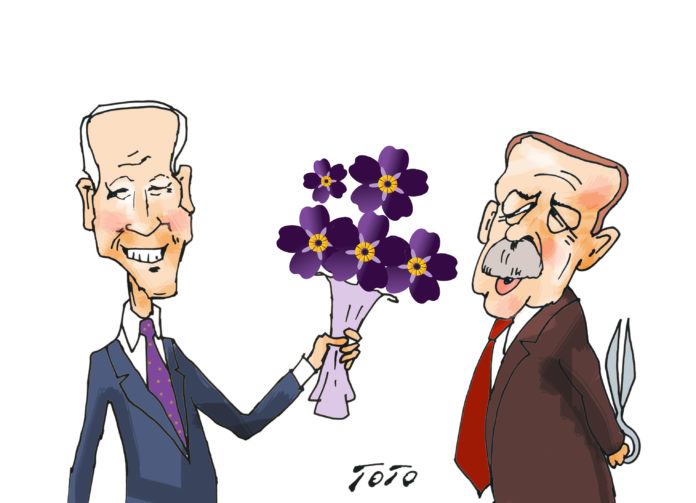After the collapse of the Soviet Union, Armenia declared its independence along with the other Soviet republics.
At the dawn of the new independence, journalists in Armenia held a panel discussion to which I was invited. Perhaps that was one of the first forums where journalists from Armenia and the diaspora held a free exchange of ideas.
My fellow panelists were peppering me with questions and at one point, I stopped and told them I was turning the table on them and had one question for all of them. I asked how important they considered the issues of the Armenian Genocide and the claims on the historic Western Armenian homeland. I asked them to raise their hands. I got the shock of my life when I saw that only 50 percent of the journalists present even considered those issues as important for Armenians in the homeland.
My response was that if this represented an accurate sampling of public opinion, it did not augur well for our future.
If our commitment to our heritage is only 50 percent, then the chances for the survival of the newly-independent republic cannot surpass the 50-percent mark.
All along, the blame was laid on the Soviet system that did not allow Armenian historians to concentrate on the issue of the Genocide. Some brave scholars like Jon Kirakosyan and Lentrush Khurshudyan had dealt with the topic, but they had to operate within the straitjacket of Marxist ideology.








